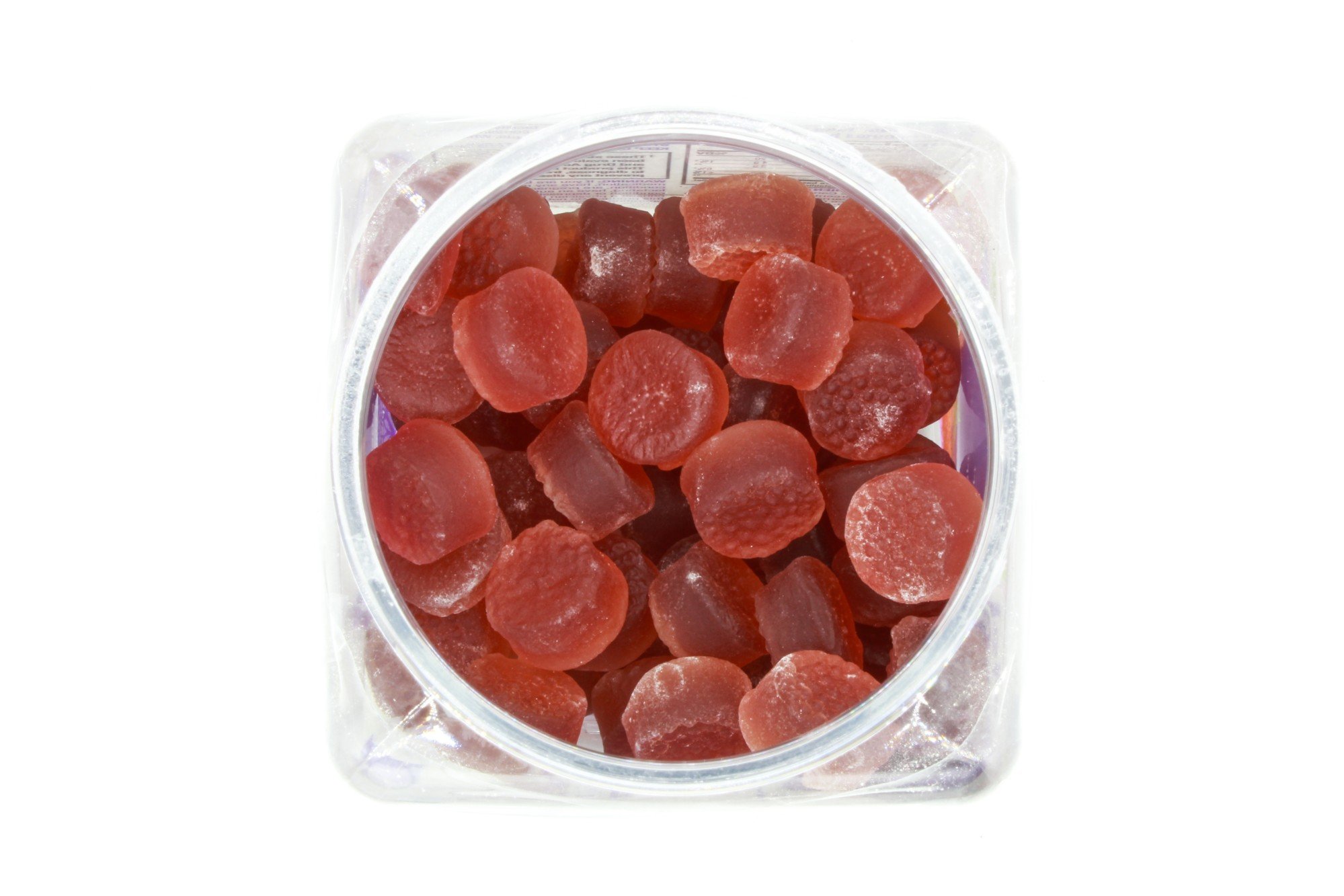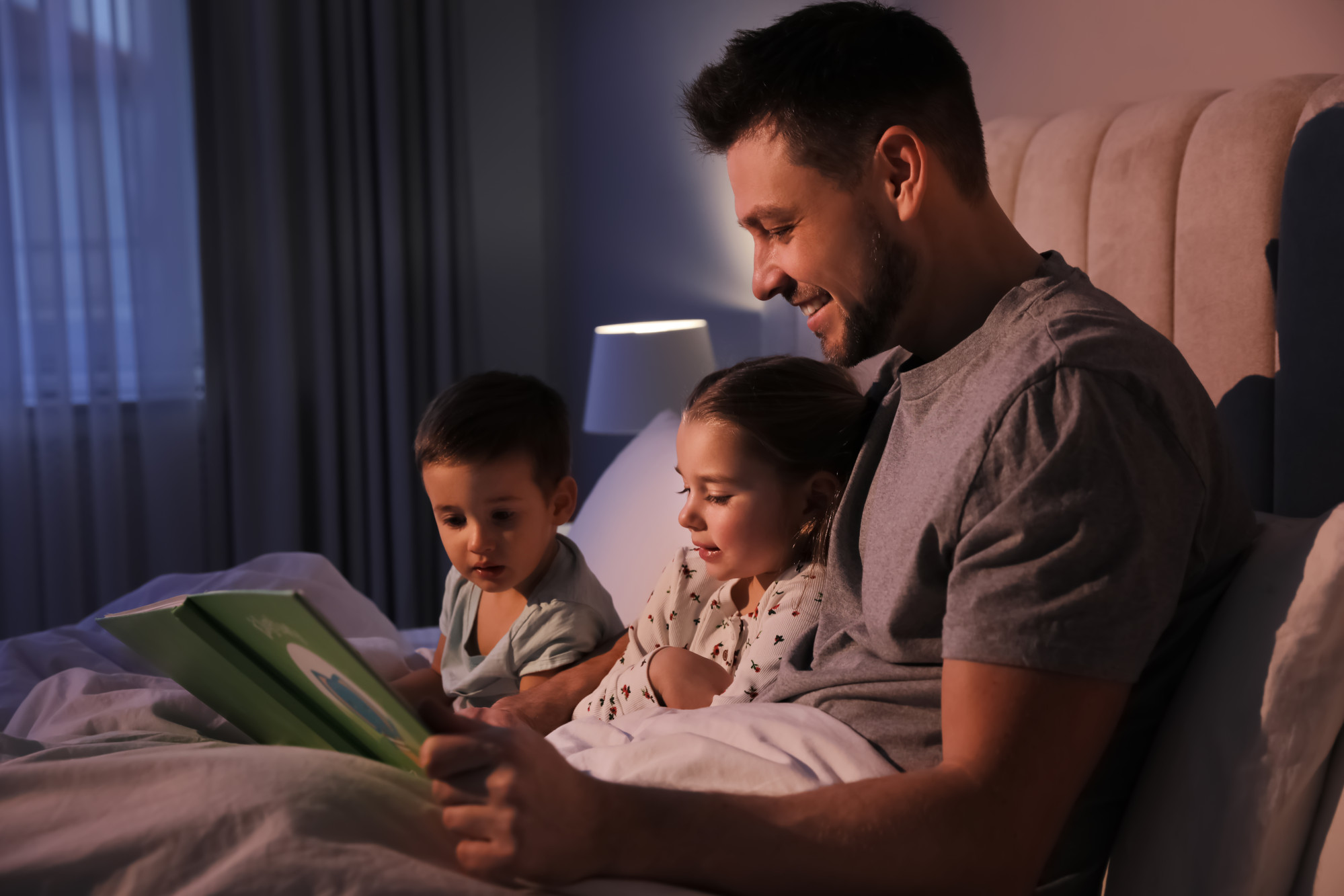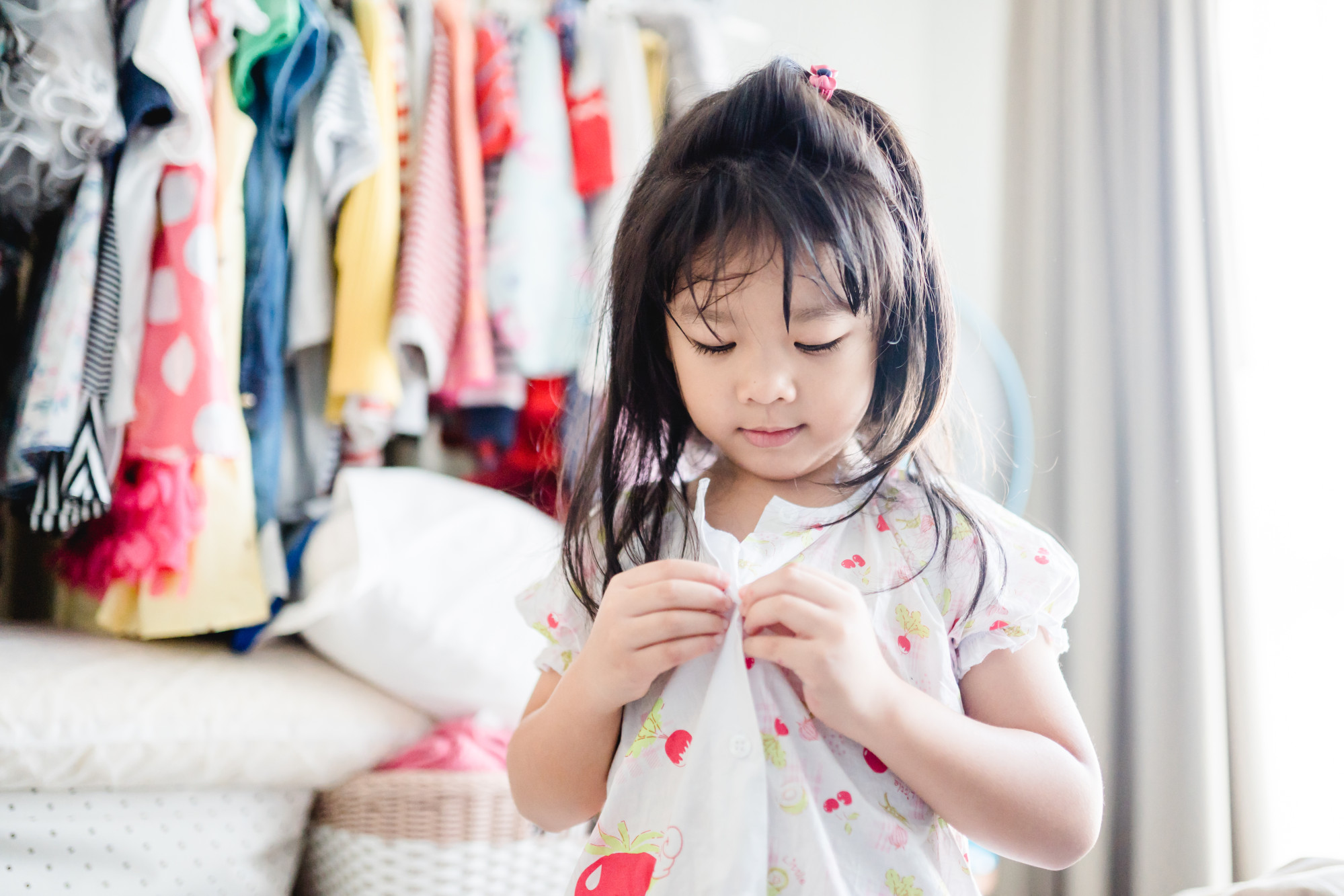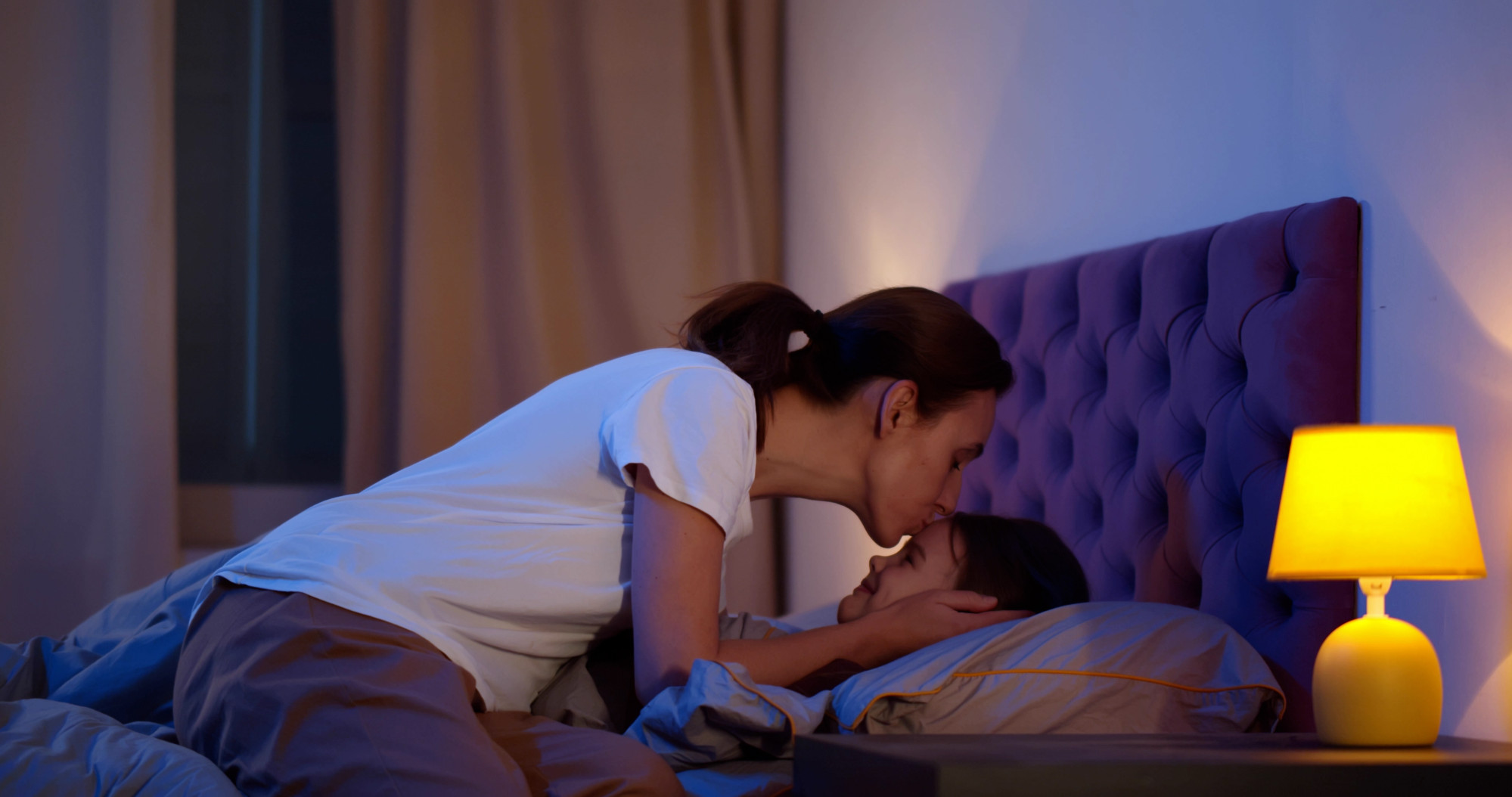“Melatonin is right at parents’ eye level. Even as a sleep doctor, sometimes I wonder, is my child getting a good night’s sleep?” she said.

But despite the disarming appearance of the labels – and the often confectionery-like supplements inside, supplied as gummies in a variety of kid-friendly colours and fruit flavours – Burman has long known about the lurking dangers of melatonin misuse, knowledge that was reinforced by a pair of studies published over the past year.
In a study in the Journal of the American Medical Association in April, researchers examined 25 brands of melatonin gummies available in the United States. They found anywhere from 74 per cent to 347 per cent of the labelled quantity of the hormone.
How good sleep benefits heart health, and 5 tips for a better night’s rest
How good sleep benefits heart health, and 5 tips for a better night’s rest
The impact of those results was magnified in a research letter published last month in the journal JAMA Pediatrics, which showed startling increases in the use of melatonin by American children.
“We’re talking more and more about the importance of sleep and how good sleep helps children, it helps grown-ups. Everyone is concerned about getting that good night of sleep,” Burman said.
“But the kind of society we live in, there’s just so much to do, that the easiest thing is just to go to that aisle, grab the bottle, and – with that visual thinking caused by the labels – assume it will give you that perfect sleep that you need.”

According to the letter, 5.6 per cent of preschoolers (aged one to four), 18.5 per cent of primary-school children (aged five to nine) and 19.4 per cent of preteens (10 to 13) had used melatonin for sleep in the previous 30 days.
This is up from 2017 and 2018, when American parents reported 1.3 per cent of children using melatonin in the previous 30 days. There was also a doubling of melatonin sales between 2017 and 2020.
With this came a 530 per cent increase in calls to US poison control centres from 2012 to 2021, as well as 27,795 emergency room and clinic visits, 4,097 hospital visits, 287 intensive care unit admissions and two deaths.
Which vitamins and supplements to take – can DNA tests help you decide?
Which vitamins and supplements to take – can DNA tests help you decide?
“The amount of supplements we have available now has increased so much, and the use has increased so much, that it’s just scary,” Burman said. “And the unreliability of it all is just really, really concerning.”
Beyond overdoses caused by young children sneaking extra melatonin supplements that look like fruit snacks, there’s misinformation about proper dosing.
In young adults, the brain’s pineal gland produces the equivalent of just 0.1 to 0.3mg of melatonin, but consumers would never know that by reading the label on a bottle of melatonin gummies.
Supplied in amounts from 1mg to 10mg, the recommended dosing far exceeds what the body requires for sleep which is especially startling given the new knowledge those doses may contain more than three times what’s expected.
How sleep helps professional athletes and the ways it can benefit us
How sleep helps professional athletes and the ways it can benefit us
That dangerous range exists because of how melatonin is classified in the US.
“The US is one of the very few countries where you can get melatonin over-the-counter as a food supplement,” Burman said. “Even in Canada, it’s an over-the-counter medication. In Europe, you can’t get melatonin without a prescription. In Australia, it’s an over-the-counter medication.”
“As a food supplement, there’s absolutely no regulation, so naturally there’s a lot of variation.”

And there are often “bonus” ingredients in these supplements that carers may overlook – ingredients that range just as widely as the melatonin itself.
While melatonin can cause side effects like sleepiness and nausea, it’s these additional ingredients that can often lead to dangerous or unwanted outcomes, as do interactions with other medications the person is already taking, such as oral contraceptives, other sleep aids and more.
The secret to a good night’s sleep: listen to your body clock
The secret to a good night’s sleep: listen to your body clock
While these studies look at different aspects of melatonin supplements, the underlying issue is the same: ever-increasing numbers of parents looking for help when it comes to kids’ sleep.
“It’s our schedules, and how busy everything is,” Burman said. “I definitely, definitely think that social media and electronics have a big role.”
While strategies to address those issues aren’t as simple as grabbing a bottle of supplements, they do come with far fewer risks.

Natural melatonin release in the brain is triggered by absence of light. That’s easy to come by more in primitive societies, governed by the sun’s definition of day and night. But sheltering from light in 2023 is more of an intentional act.
Burman recommends dimming lights in the house, even by 50 per cent, one to two hours before bedtime to increase the chance for natural melatonin release.
“Lights” extends to electronic devices as well, which should be avoided during the same pocket of time, she says.
How to stop blue light from devices ruining your sleep – and skin
How to stop blue light from devices ruining your sleep – and skin
When that isn’t possible – say, because homework is now often completed online and family schedules are tight – consider a screen filter or dimming the screen.
This also highlights the mechanism of melatonin, which is often misunderstood: It’s a chronobiotic, capable of creating the feeling of sleepiness, but it is not a hypnotic, which would perpetuate the quantity and quality of sleep.
“Melatonin is like someone who’s organising your holiday party, who gets it started on time, but doesn’t actually participate in the party or make sure it goes smoothly,” Burman said. “They leave after the party starts.”
Her next tip is to create a good bedtime routine.
“You cannot force someone to fall asleep, but you can force people to wake up,” Burman said. “When you force them to wake up at the same time every day, the falling asleep starts getting into place at the same time every day.”
PTSD wrecked her sleep. Moving home and meditation made it better
PTSD wrecked her sleep. Moving home and meditation made it better
Create a consistent wake schedule, and don’t vastly change wake-up times on the weekends just because scheduled obligations may be fewer, Burman says. And set your alarm for no more than one or two hours later than weekdays – with a 20- to 30-minute nap in the afternoon, if you’d like – for best results.
Especially for children, a bedtime routine might include soothing songs, books or a bath.
Create an environment that invites sleep. Keep bedrooms cool. For kids who may be tempted by their own toys, keep the room free from distractions and “just for sleep”, Burman recommends. And if the dry air pumped by many heating systems in the winter causes discomfort, consider a humidifier.

But Burman is a mother. She, too, struggles with balancing after-school activities, dinner and homework with the demands of her work and the desire for time to be herself after the kids are tucked in.
While Burman does recommend melatonin – very small amounts and under her supervision – for some patients who’ve demonstrated a need for it, she resists the temptation elicited by dancing moons and images of sleeping kids on the labels of melatonin bottles, knowing that, in most cases, behavioural changes are the best sleep supplements.
“In reality, you can’t just turn it off at the end of the day, and then suddenly go to sleep. Your brain needs to be exposed to that period of decreased light so the body can get ready for that melatonin secretion,” she said.
“As a society, we know that sleep is important, but we just haven’t got to a point where we’ve started figuring out how to help our sleep without sometimes grabbing a bottle of melatonin.”

